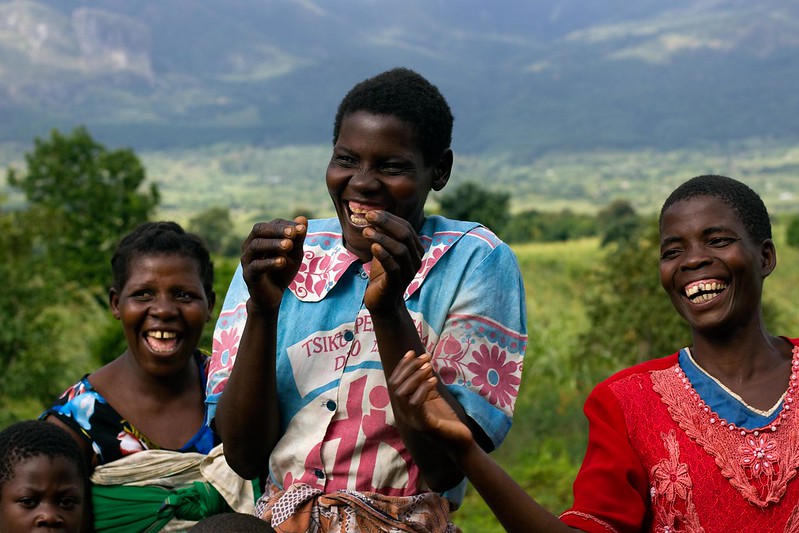MicroLoan Foundation Malawi: Helping Women Escape Poverty
 In Malawi, where 70% of the population lives on less than $2.15 a day, poverty is not just a statistic—it is a daily reality. Access to traditional banking services remains limited, especially for the 90% of Malawians living in rural areas. Women are disproportionately affected, but one organization is working to change that. Since 2002, the MicroLoan Foundation Malawi has shown that small loans, combined with training and trust, can spark meaningful change.
In Malawi, where 70% of the population lives on less than $2.15 a day, poverty is not just a statistic—it is a daily reality. Access to traditional banking services remains limited, especially for the 90% of Malawians living in rural areas. Women are disproportionately affected, but one organization is working to change that. Since 2002, the MicroLoan Foundation Malawi has shown that small loans, combined with training and trust, can spark meaningful change.
Women Leading the Way in Malawi
All of MicroLoan Foundation Malawi’s clients are women, most of whom lack access to formal financial institutions. In a country where commercial banks tend to favor men and urban enterprises, this women-first model is intentional. It recognizes that investing in women borrowers contributes to improved household well-being. Women typically demonstrate higher loan repayment rates and contribute more of their income to household needs and prioritize their children’s education and health.
The foundation pairs small, sustainable loans with extensive business and financial literacy training. Every client receives personalized guidance from a loan and training officer, who supports an average of 419 clients. With an average loan size of just £75, women gain the tools to begin a path out of poverty. In addition to financial support, the foundation encourages peer-to-peer mentoring within loan groups.
These networks provide social support and shared learning, allowing women to exchange advice and build confidence as entrepreneurs. Many clients launch small businesses ranging from tailoring to food vending, generating consistent income and expanding their community influence. The ripple effect often extends beyond financial improvement, with women gaining leadership roles in local cooperatives or village committees. These changes contribute to shifting perceptions around gender roles and create new opportunities for future generations.
From Farming to Financial Freedom in Malawi
Many of MicroLoan’s clients are smallholder farmers whose livelihoods are vulnerable to climate shocks and market instability. To support them, the foundation offers agricultural and irrigation loans, allowing women to invest in farming inputs, equipment and resilience. The results include increased crop yields and higher incomes, which in turn support better nutrition, education access—especially for daughters—and long-term financial stability. Since 2022, the foundation has also scaled up digital literacy by training clients across all branches to use mobile money platforms. By the end of 2024, more than 85% of loan repayments and 30% of disbursements were processed via mobile money. This shift helps improve financial control and safety for rural women.
Toward Long-Term Impact
Microfinance continues to support economic participation in underserved communities. In Malawi, targeted lending and training are equipping women with tools to improve household stability and contribute to local development. As MicroLoan Foundation Malawi expands its reach, its model offers insights for addressing economic exclusion through scalable, community-based solutions. Long-term success potentially depends on partnerships that extend beyond lending—such as linking women entrepreneurs to markets, improving access to insurance and integrating climate-resilience training. These additions could enhance economic security and help ensure that microfinance remains responsive to evolving local needs.
– Linnéa Matlack
Linnéa is based in Boston, MA, USA and focuses on Good News and Technology for The Borgen Project.
Photo: Flickr
